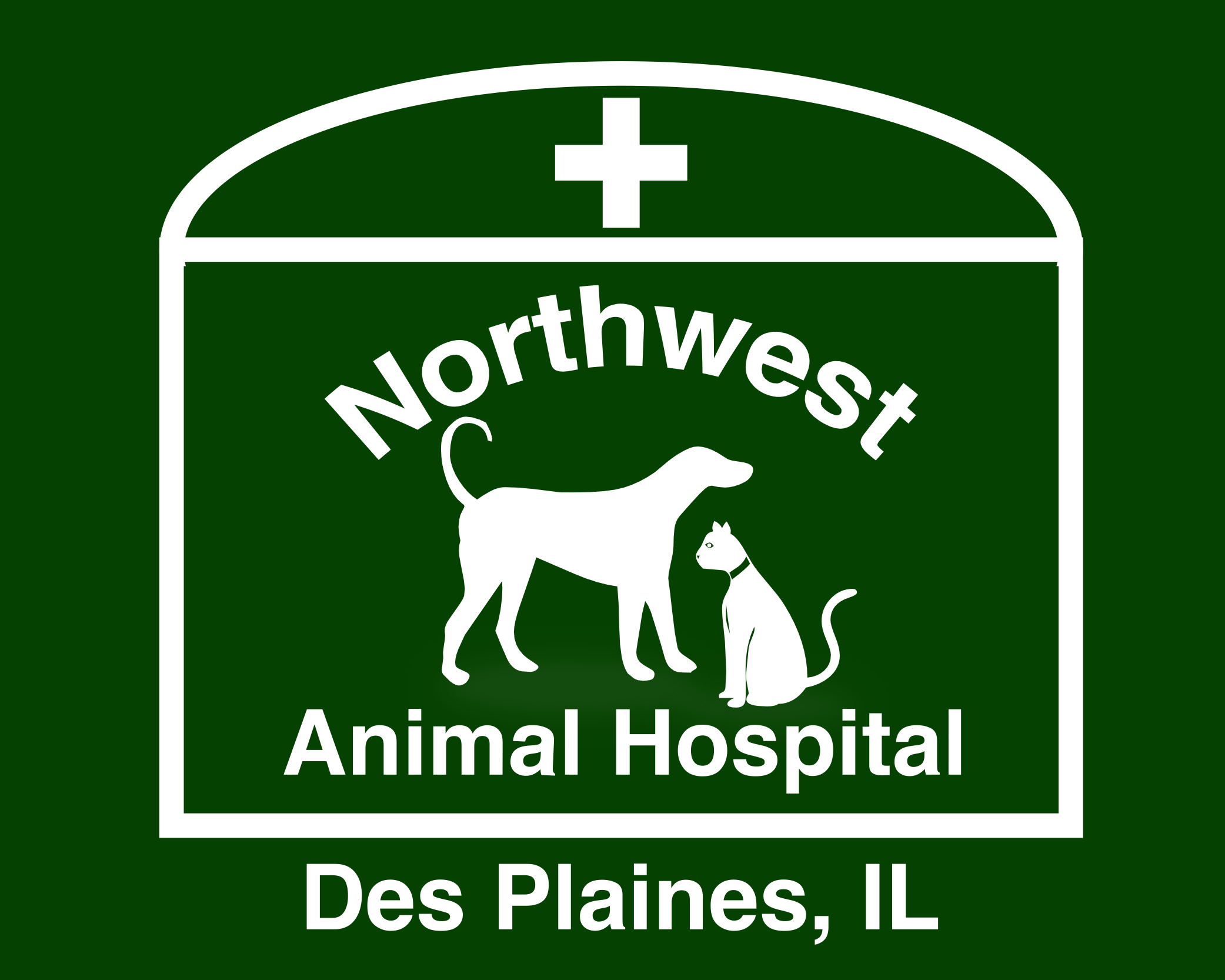Surgery and Anesthesia Consent Form
Thank you for choosing Northwest Animal Hospital! Please fill out the form as completely and accurately as possible.
Surgery and Anesthesia Consent Form
Surgery and Anesthesia Consent Form
Please fill out this form as completely and accurately as possible so we can get to know you and your pet(s) before your visit. If this is an emergency, or if your pet needs urgent care, please call us at 847-296-3112 for a faster response.
